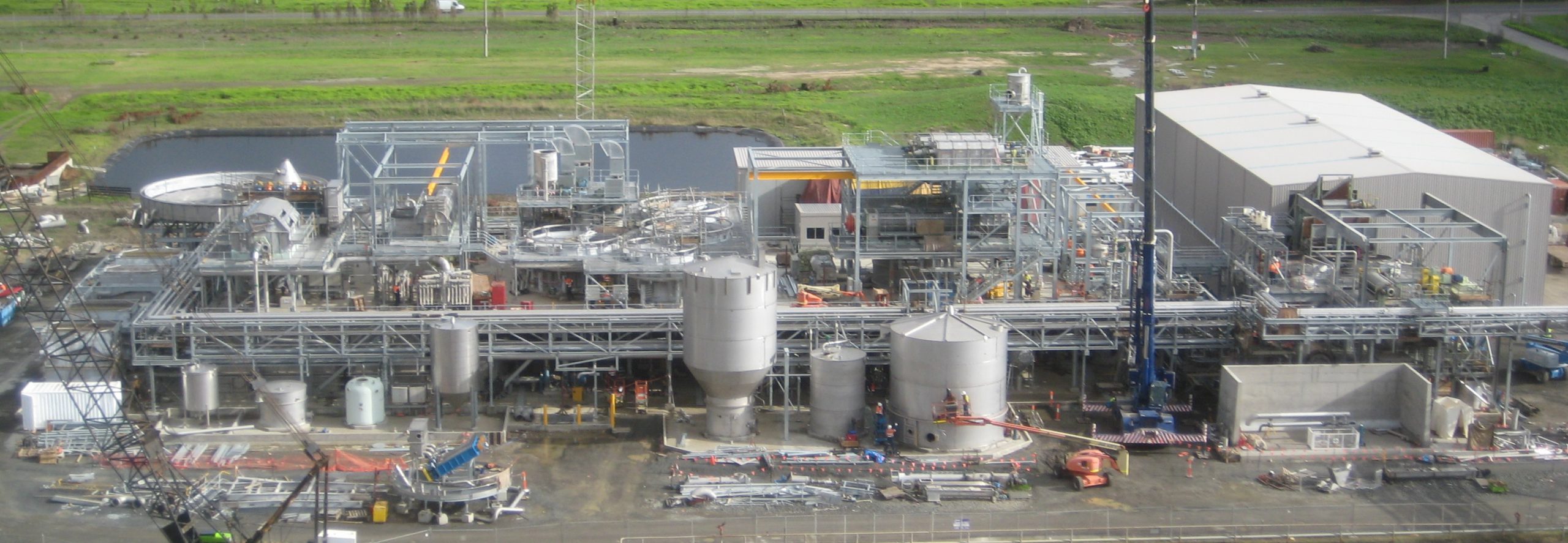Ongoing weather disruptions and “unforeseen complexities” have put Australian Paper’s $90 million de-inking plant project at Maryvale months behind schedule.
With construction initially scheduled for completion by March 2014, that date has now been pushed back to September, with recycling not due to begin on site until December.
Australian Paper general manager human resources Mark Nelson said the entire project, which began in February 2013 with a 12-month construction timeline, had lost about two months due to down time.
“We’ve had some quite significant weather events down there over the course of the project; we also had a bushfire and a power outage, all of those things add some delay to the process,” Mr Nelson said.
He said construction of an elevated concrete floor was also problematic, taking longer than expected to be poured “for a whole range of reasons”, including the complexity of the engineering.
Mr Nelson said the project was also impacted by a seven day picket line formed at the Maryvale site in May last year, after workers for major site contractor Chelgrave were locked out during protracted enterprise bargaining talks.
While Mr Nelson would not detail what impact the delay had on the overall $90 million price tag, he said it was “slightly more” than budgeted.
The de-inking plant will recycle 80,000 tonnes of office paper annually, sourced from across Victoria, New South Wales and beyond, to create 50,000 tonnes of pulp; tripling the Mill’s current rate of recycling.
“We would obviously love the project to have been a bit tighter to what we had predicted, but this isn’t catastrophic – it’s still within the realms of what we were expecting it to be able to do,” Mr Nelson said.
“When you have a very tight construction calendar, and lots of lock down weekends and holiday periods, that makes things very difficult.
“In reality construction in Latrobe Valley is never easy, in terms of industrial relations, and productivity of the workforce is not the best, so there’s plenty of challenges we are facing down here.”
Colossal budget and timeline blowouts during a major pulp mill upgrade at Maryvale last decade sent former owner Paperlinx into financial disarray, leading to the 2009 takeover by Japanese paper giant Nippon Paper Industries.
With major mechanical components “landed” on site, including large tanks and motors, and a waste bale storage area completed, pipe work and electrical cabling are now being installed across the site.
“From the time of finishing construction, there will be a whole commissioning process to go through which is scheduled to take between eight and 12 weeks – that includes a process in which we ‘liven’ the plant with high voltage power,” Mr Nelson said.
He said a training regime was underway for 17 additional operational positions which had already been filled.
“This plant will be an absolutely critical asset for Australian Paper to remain competitive in the wider market; when we are fighting against imported paper coming in from Indonesia and China, we need to make sure we get our recycled message out,” he said.
“This project is critically important for us to protect Maryvale as a manufacturing asset going forward.”











